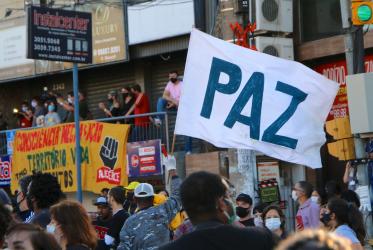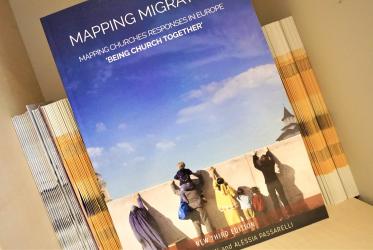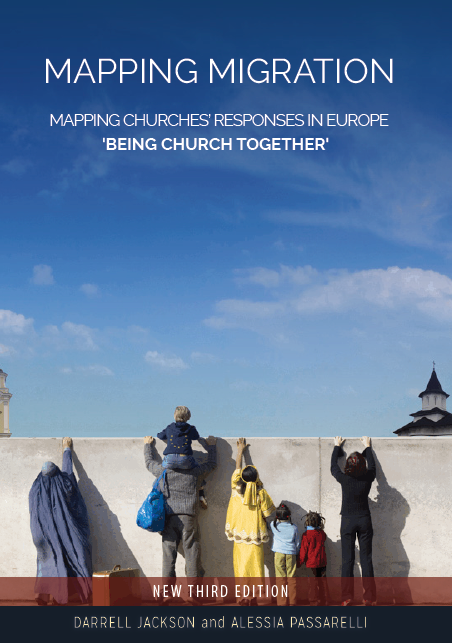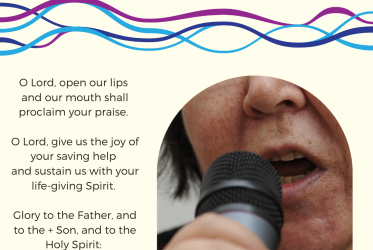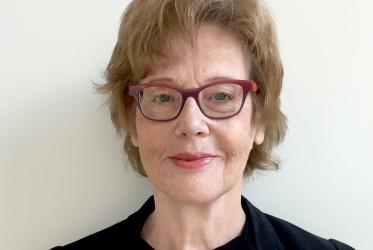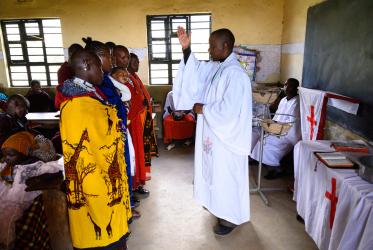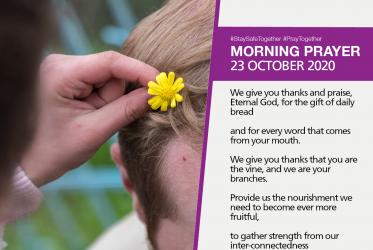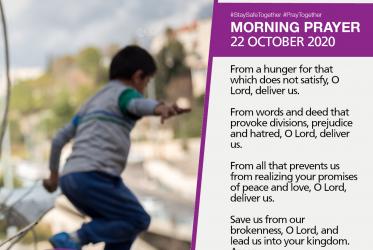Displaying 61 - 80 of 318
Morning Prayer for Monday, 15 March 2021
15 March 2021
Christians in Africa face increasing violent attacks, repression
23 December 2020
Driven by God’s grace and a sense of duty
05 November 2020


